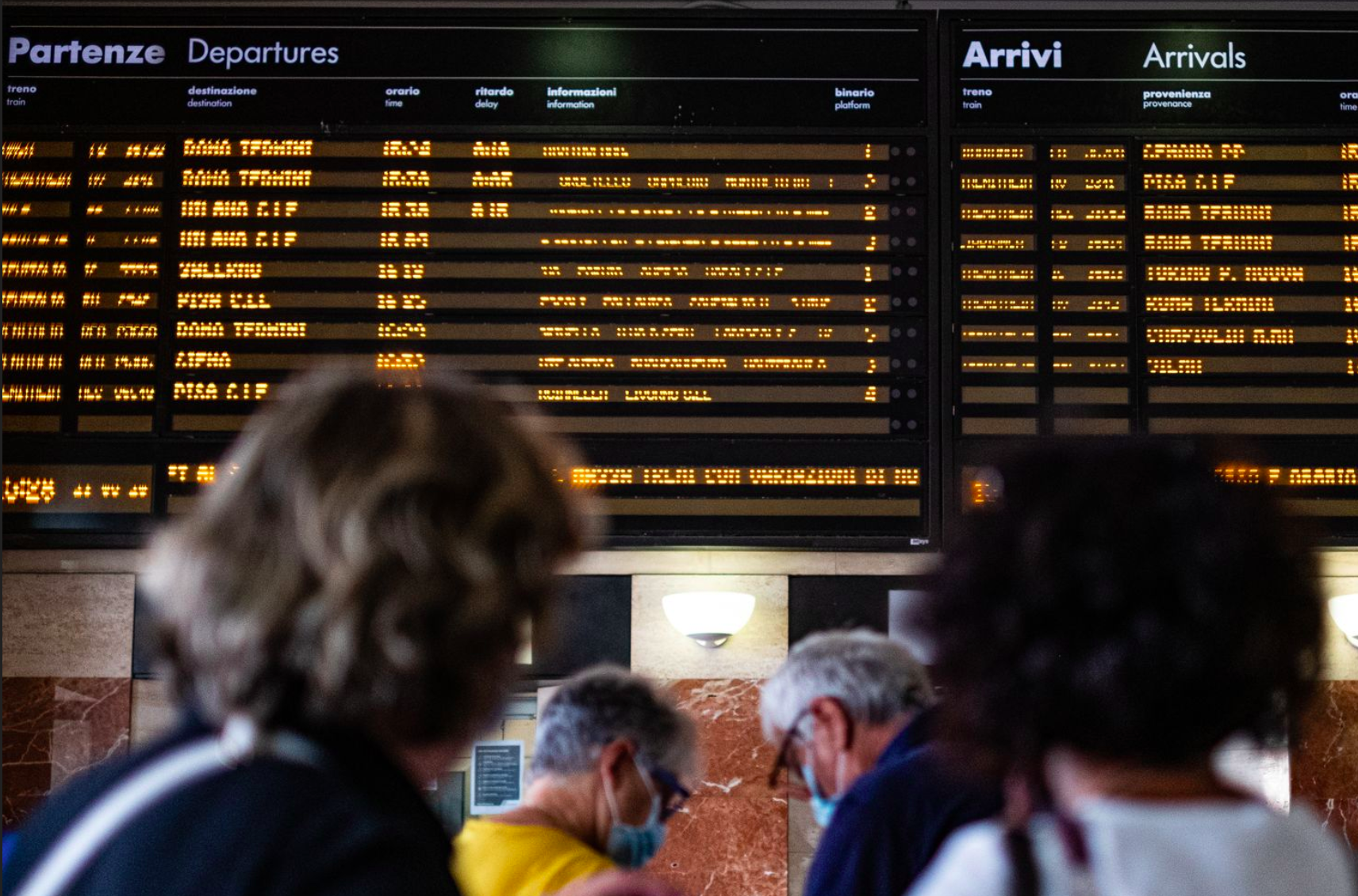
How AI is Transforming the Travel Industry
In recent years, artificial intelligence (AI) has emerged as a transformative force across various industries, and the travel sector is no exception. From enhancing customer experiences to optimizing operational efficiencies, AI is reshaping the way we travel. This blog post delves into the myriad ways AI is revolutionizing the travel industry, providing insights into current applications, future trends, and actionable tips for businesses.
The Rise of AI in the Travel Sector
The travel industry, characterized by its dynamic and ever-evolving nature, is ripe for innovation. According to a 2022 report by Statista, the global market for AI in travel and tourism is projected to reach $1.2 billion by 2027, growing at a compound annual growth rate (CAGR) of 9.7%. This growth is driven by the increasing adoption of AI technologies designed to enhance personalization, streamline operations, and improve decision-making.
AI-Powered Personalization and Customer Experience
1. Personalized Recommendations
One of the most significant impacts of AI in travel is its ability to offer personalized recommendations. Leveraging data from user behavior and preferences, AI algorithms can suggest tailored travel itineraries, accommodation options, and activities. For instance, platforms like TripAdvisor use AI to provide users with travel suggestions that align with their past searches and ratings.
2. Chatbots and Virtual Assistants
AI-driven chatbots and virtual assistants are becoming indispensable tools for travel companies. These digital agents provide 24/7 customer support, handling inquiries and facilitating bookings with ease. According to a Gartner report, by 2025, 80% of customer interactions in the travel industry will be managed by AI. Examples include the popular Expedia bot, which assists travelers with booking and itinerary changes.
Operational Efficiency and Cost Reduction
1. Dynamic Pricing
AI algorithms enable dynamic pricing models that adjust in real-time based on demand, competition, and other market variables. This ensures that travel companies can maximize revenue while offering competitive prices. Airlines like Delta and United use AI to optimize their pricing strategies, significantly enhancing their profitability.
2. Predictive Analysis
Predictive analysis allows travel companies to forecast trends and make informed decisions. By analyzing historical data, AI can predict peak travel times, enabling better resource allocation and staffing. This not only boosts efficiency but also enhances the customer experience by minimizing delays and overbooking issues.
AI in Travel Safety and Security
1. Facial Recognition and Biometric Systems
AI-powered facial recognition and biometric systems are revolutionizing security protocols in airports and hotels. These technologies enhance safety while expediting check-in processes. For instance, Heathrow Airport has implemented facial recognition systems to streamline passenger boarding, reducing wait times by up to 30%.
2. Fraud Detection
AI plays a crucial role in fraud detection and prevention in the travel industry. Machine learning algorithms can identify and flag suspicious patterns, safeguarding against fraudulent transactions and ensuring traveler trust. Mastercard employs AI to detect anomalies in travel-related transactions, thereby reducing the risk of fraud.
The Future of AI in Travel
1. AI-Driven Sustainability
As sustainability becomes a priority, AI is poised to play a pivotal role in promoting eco-friendly travel. AI can optimize flight paths, reduce fuel consumption, and suggest sustainable travel options, aligning with the growing demand for responsible tourism. Companies like KLM are already leveraging AI to minimize their carbon footprint, setting a precedent for the industry.
2. Virtual and Augmented Reality
AI integration with virtual and augmented reality is set to redefine travel experiences. Travelers can explore destinations virtually before booking, enhancing decision-making and satisfaction. Platforms like Google Earth VR offer immersive experiences, allowing users to “visit” destinations from the comfort of their homes.
Actionable Tips for Travel Businesses
1. Invest in AI Technology
Travel businesses should consider investing in AI technologies to stay competitive. From chatbots to dynamic pricing systems, the right AI tools can enhance customer experiences and improve operational efficiencies.
2. Focus on Data Analysis
Leveraging data is crucial for maximizing the benefits of AI. Travel companies should focus on collecting and analyzing customer data to offer personalized experiences and improve decision-making.
Conclusion
The transformative power of AI in the travel industry is undeniable. By enhancing personalization, optimizing operations, and improving safety, AI is paving the way for a new era of travel. As technology continues to evolve, businesses that embrace AI will be better positioned to meet the demands of modern travelers and secure their place in the industry’s future.

